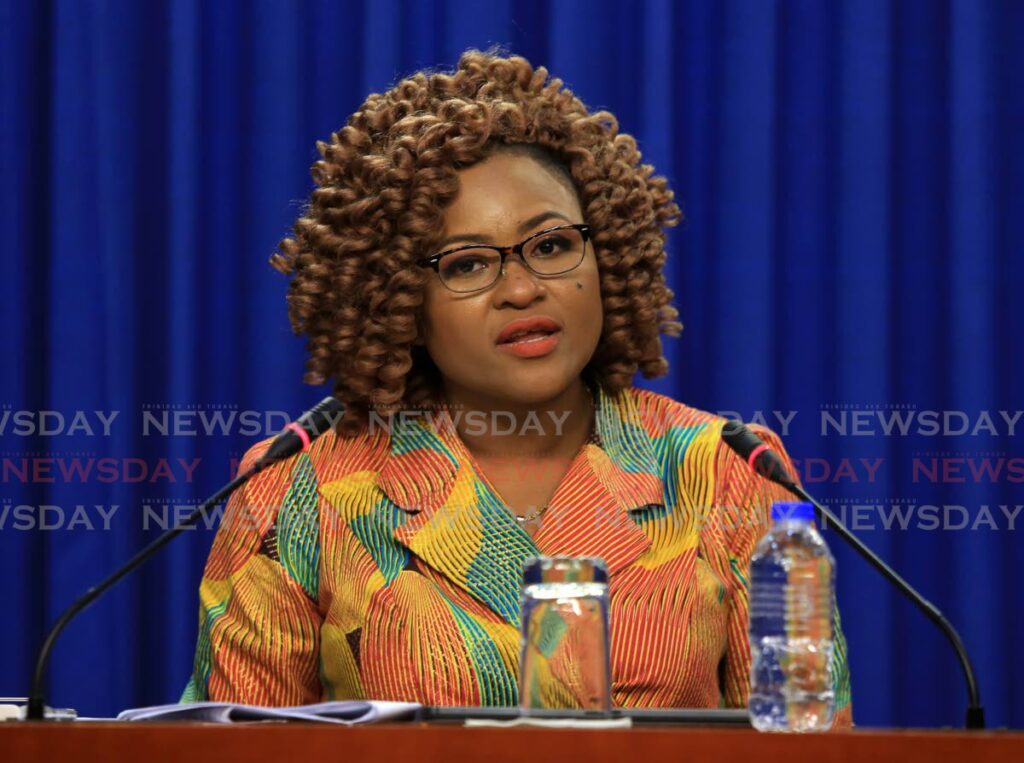Educators share concerns on remediation programme

THE Education Ministry has outlined its remediation programme for 106 primary and secondary schools, but some special remedial educators have a few concerns.
Cabinet approved the introduction of this project into 80 primary schools and 26 secondary schools across the country.
The ministry will hire several learning support assistants, school social workers, senior school social workers and guidance counsellors. There will be a vacation revision programme, online literacy programmes, after-school support programmes for students in standard three to five, and training of 400 teachers, curriculum officers and school supervisors, among other measures.
Holistic Learning Centre – a team of special and remedial educators specialising in literacy intervention and psycho-educational services – told Newsday the issues of literary deficiencies and the remedial status of many students “are far more multifaceted and widespread than any one initiative can solve.
“While initiatives that provide support for at-risk students and those with literacy deficits are promising, we are cautious of how effective these will be on the ground.”
The educators said they noticed initiatives like these are “often handed down from governing bodies and impose significant changes and additions at the school-level... “However, this is rarely done in a sustainable way or a way that takes into consideration each school’s individual climate.”
Another concern of theirs is how the effectiveness of the programme will be measured and improved over time.
“How will we know if the initiative is effective and what will be the mechanism for improving the initiative at each school? Are schools equipped for the influx of staff?
“One concern we can pinpoint is (that) at the primary level, the document is proposing 80 learning support assistants which allow for approximately one per school listed.
However, in any given classroom there may be multiple students with remedial needs and diagnosed and undiagnosed special educational needs. “Will this staffing support be enough to have a sustainable impact?”
At a press conference in Port of Spain on Monday, Education Minister Dr Nyan Gadsby-Dolly noted there is no “quick fix” to many of the issues which will be worked on through these measures.
She said, “The issues affecting the education sector did not develop in two years and will not be solved by any one measure and certainly not quickly. It requires hard work and effort, constant monitoring and evaluation and commitment to the task.” The educators told Newsday they agree there is no quick fix “and it will take time for deep-seated issues that lead to literacy deficits and remedial needs to be mitigated.
“We agree with the document’s sentiment that accountability is needed on the administrative, teaching and parenting/home levels.”
Asked if it will have a great impact on the education system, they said no.
“The system itself is flawed and simply applying an initiative like this on the system as it stands will have the same impact that a plaster has on a broken bone.
“Will it have an impact on some students and teachers at the school level? Maybe, yes.
“In our experience if only a few students are empowered through literacy and their confidence built by teachers who are trained in inclusive education and sensitive to the fact that success means different things, to different students, it is worth it. Only time will tell. Something is better than nothing and only with the dedication and commitment of all stakeholders will issues of literacy and remedial needs be addressed.”
The criteria for the primary schools chosen to benefit from the programme include the total number and/or percentage of students scoring under 30 per cent in SEA, and the percentage of students getting five or more CSEC subjects inclusive of math and English A.


Comments
"Educators share concerns on remediation programme"